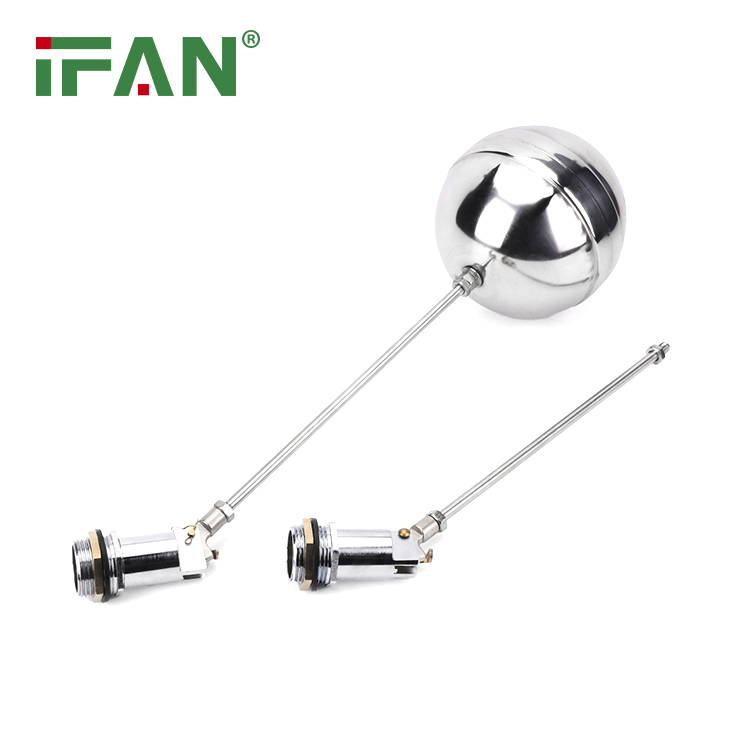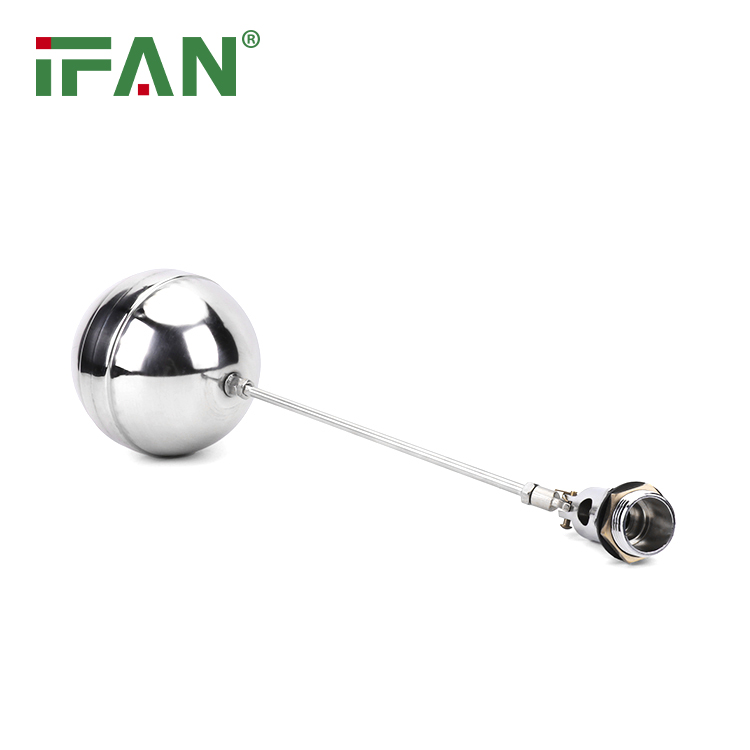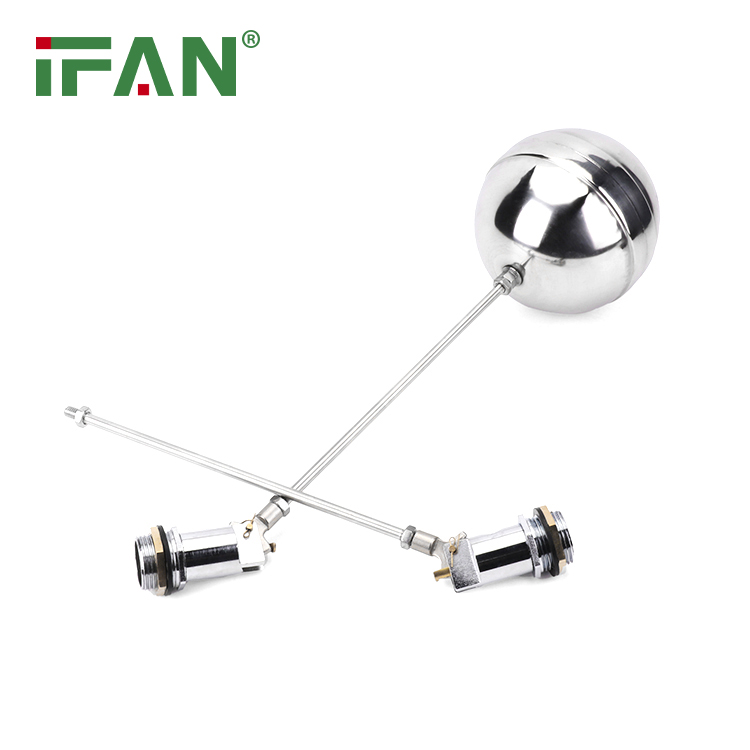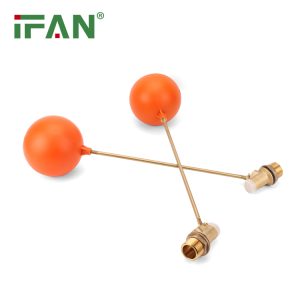Description
IFAN factory 30+ years manufacture experience support color /size customization support free sample.Welcome to consult for catalog and free samples.This is our Facebook Website:www.facebook.com,Click to watch IFAN’s product video.Compared with Tomex products, our IFAN products from quality to price are your best choice, welcome to buy!
Introduction to Float Ball Valves in Irrigation
Float ball valves are crucial components in agricultural irrigation systems, playing a key role in optimizing water usage and maintaining system efficiency. These valves utilize a float mechanism to regulate the flow of water based on the liquid level in irrigation tanks or reservoirs. By automatically adjusting the water flow, float ball valves help ensure that crops receive the right amount of water while minimizing wastage. This balance is essential for both effective irrigation and sustainable water management.
Efficient Water Management
In agricultural irrigation systems, water management is critical for ensuring optimal crop growth and conserving resources. Float ball valves help achieve this by maintaining the desired water level in irrigation tanks and reservoirs. As the water level rises, the float mechanism triggers the valve to close, preventing overflow and ensuring that the tank does not exceed its capacity. Conversely, as the water level drops, the valve opens to allow more water to enter the tank. This automatic regulation helps maintain a consistent water supply, which is essential for efficient irrigation practices and crop health.

Reducing Water Wastage
One of the significant benefits of float ball valves in irrigation systems is their ability to reduce water wastage. Traditional irrigation systems without float ball valves may suffer from overflows or underflows, leading to inefficient water use. Float ball valves prevent these issues by automatically adjusting the flow based on the water level. This helps in avoiding unnecessary water loss and ensures that water is used only when needed. By reducing wastage, float ball valves contribute to more sustainable agricultural practices and help in preserving valuable water resources.
Preventing Overflow and Flooding
Overflow and flooding can cause significant damage to crops and soil, as well as result in water pollution and erosion. Float ball valves play a crucial role in preventing these issues by regulating the water level in irrigation systems. When the water level reaches a predetermined height, the float ball valve closes, stopping the flow of water and preventing overflow. This automatic control minimizes the risk of flooding and ensures that irrigation systems operate efficiently without causing harm to the surrounding environment or agricultural land.
Enhancing System Reliability and Maintenance
Float ball valves enhance the reliability of irrigation systems by providing consistent and automatic control of water flow. Their simple yet effective design means they require minimal maintenance, which is advantageous for farmers who need reliable equipment to manage their irrigation needs. Regular checks and minor adjustments are usually sufficient to ensure the valves are functioning correctly. This reliability helps farmers avoid disruptions in their irrigation schedules, leading to better crop management and overall system efficiency.

Future Developments and Innovations
The evolution of float ball valve technology continues to improve their effectiveness in agricultural irrigation. Advances in materials and design are leading to more durable and efficient valves that can withstand harsh environmental conditions and provide even greater precision in water control. Additionally, the integration of smart technologies, such as sensors and automated systems, is enhancing the functionality of float ball valves. These innovations promise to offer more precise water level management, real-time monitoring, and improved control, further contributing to sustainable agricultural practices and efficient water use.
Conclusion
Float ball valves are integral to modern agricultural irrigation systems, offering numerous benefits in terms of water management, wastage reduction, and system reliability. By automatically regulating water levels, these valves help ensure that crops receive the optimal amount of water while minimizing overflow and flooding risks. As technology continues to advance, float ball valves will become even more effective, supporting sustainable irrigation practices and contributing to the overall efficiency of agricultural operations. Their role in conserving water resources and enhancing irrigation systems underscores their importance in the future of agriculture.
Related products






